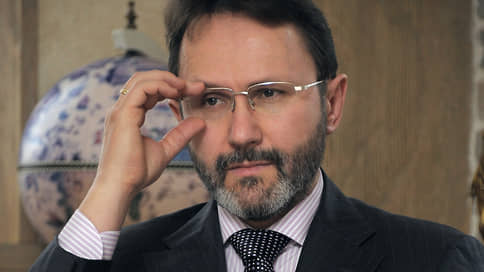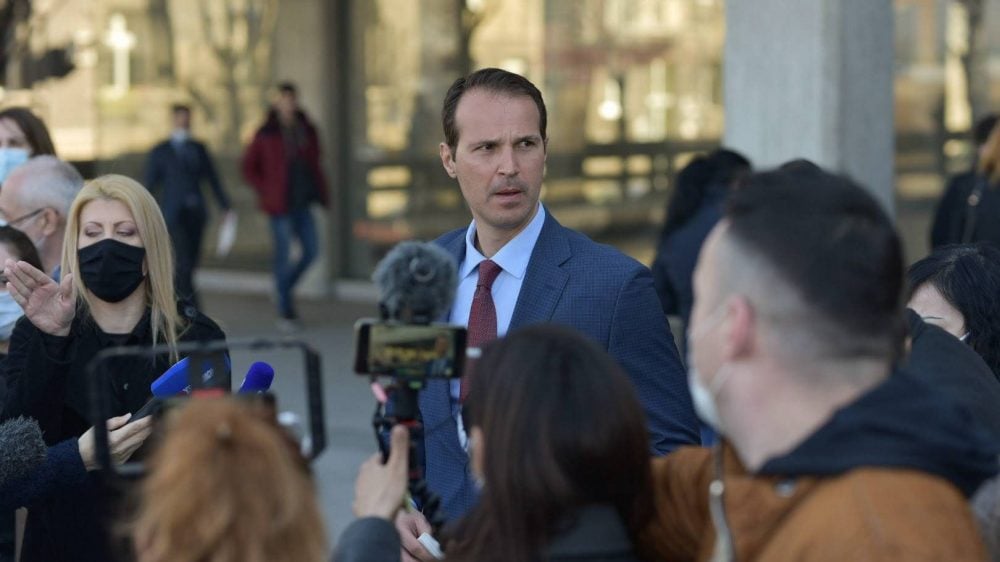Salaries and bonuses – the main independence of the judiciary in Bulgaria

The judiciary has an independent budget. This short sentence of Art. 117, para. 3 of the Bulgarian Constitution hides as many as advantages as well as shortcomings. There are basically two benefits. Initially, in the early 1990s, this fragile constitutional text served to build the basic resource independence of the courts, the prosecutor’s office and the investigative authorities so that they could comply with the powers prescribed by the basic law and the legislation. The assessment of the implementation of these powers often gives it society and it is not positive at all. Someone will say that this is strictly subjective, and there are always dissatisfied. To do this, turn to some international conclusions that step on objective criteria:
| Bulgaria ranks first in the European Union (EU) at the level of justice costs as a share of gross domestic product (GDP). |
On the other hand, according to the rule of law for 2024, Bulgaria is between Kosovo and Senegal, and the European Commission (EC) notes in its findings and recommendations that it is necessary to « ensure solid results in investigations, prosecution and final judicial judgments in the high -level corruption. That is, the topic is of interest not only because of a lack of financial discipline – it is a permanent discrepancy between the invested public funds and the end result achieved.
The members of the Supreme Judicial Council have accepted to continue to take up to 17 salaries per year
In this context a day ago, the Supreme Judicial Council (SJC) – the administrative body of the self -governing and independent Bulgarian judiciary – decided the ceiling up to four salaries for premiums for judges, prosecutors, investigators and the SJC members themselves should still be maintained. We only note that they are 5, because everyone is paid for over 5000 BGN a year for clothing. Of course, there is also a catch here – instead of the bonus to form on their basic remuneration, it will be on the gross. Thus, in fact, an increase is achieved once again – since only before and a month they voted an increase of 16 percent of their salaries.
| It is not bad for magistrates to be well paid if there were acceptable results and zero doubts about independence and impartiality against this. So far, there is a reluctance to investigate cases such as the « eight dwarves », of which it is clear that, beyond their legal remuneration, some of the Bulgarian judges and prosecutors serve « subscription » not the state but the Pepi euro and company. |
And the traces lead to two of the political leaders of the ruling incancies. As a result, it is obtained in jargon, « Batak with customer materials ».
The prosecutor’s office has terminated the main investigation for the « eight dwarves »
What to do – as a start, budgeting the justice budget with a reassessment of the state and the workload. We have repeatedly noted that in Bulgaria there is no need for 2,200 judges and 1,500 prosecutors with a greatly decreased population in the last 30 years and concentrated economic activities in several cities. This reassessment should go hand in hand with the court card optimization. And since the system does not allow the release of magistrates on extraordinary grounds – it is necessary to simply freeze competitions for appointment and to redistribute the available state from the appointed where it is, at least according to the workload required. And although the SJC official data on the workload is controversial because the system allows manipulation, even it can be seen that the workload is reducing.
| We also recall something important – the previous Attorney General repaired the residence for over BGN 300,000 and claimed that this was also an element of the independence of the judiciary. The current permanent act has a budget for representative expenses, it is curious to check how they are spent. |
It will be recalled that the Bulgarian judges after World War I did not receive salaries for some time, and then they were paid in part. It will also be recalled that there is a practice of the Constitutional Court from more recent times, which allows the budget of the judiciary to be frozen if the state deficit is at risk. And in the 1990s, in a state of hyperinflation, there was also a practice of the Constitutional Court, according to which the budget of the judiciary could not be an absolute constant by degree of importance. And she confirms the irreversible logic that the judiciary may have without being fully guaranteed by her budget, and her independence may not and should not be attached solely to her budget independence.
((Storyid: 4764215)
The over -performing approach raises the question of the qualities that in such a hypothesis are prescribed for the employees of the system – one kind of that they cease to be independent at the moment they lose an element of their payments and unjustifiably we should treat them as ordinary mercenaries, contrary to the understanding of the « holders of the judiciary ».
| The total absolutization of the budget of the judiciary from « independent » in the most important element of independence puts in the background and the higher more constitutional guarantees for the independence of the judiciary-submission only to the law of the ordinary judge, prosecutor and investigator, as well as the guarantee for his professional status, regulated in Art. 129 of the CRB. |
In conclusion, let us also recall a quote from the recent practice of the Court of Justice of the European Union on the topic: « () In order to guarantee the independence of judges and in a more general way, the quality of justice in the rule of law, » (n) of the practices in the field of justice. The conclusion that the principle of judicial independence does not allow the judges’ remuneration to be determined at a level below the average remuneration of other lawyers practitioners, in particular the free profession, such as the lawyers, since they are obviously in a position other than that of judges. » The decision further speaks of the economic context in every country and the importance of their work.










